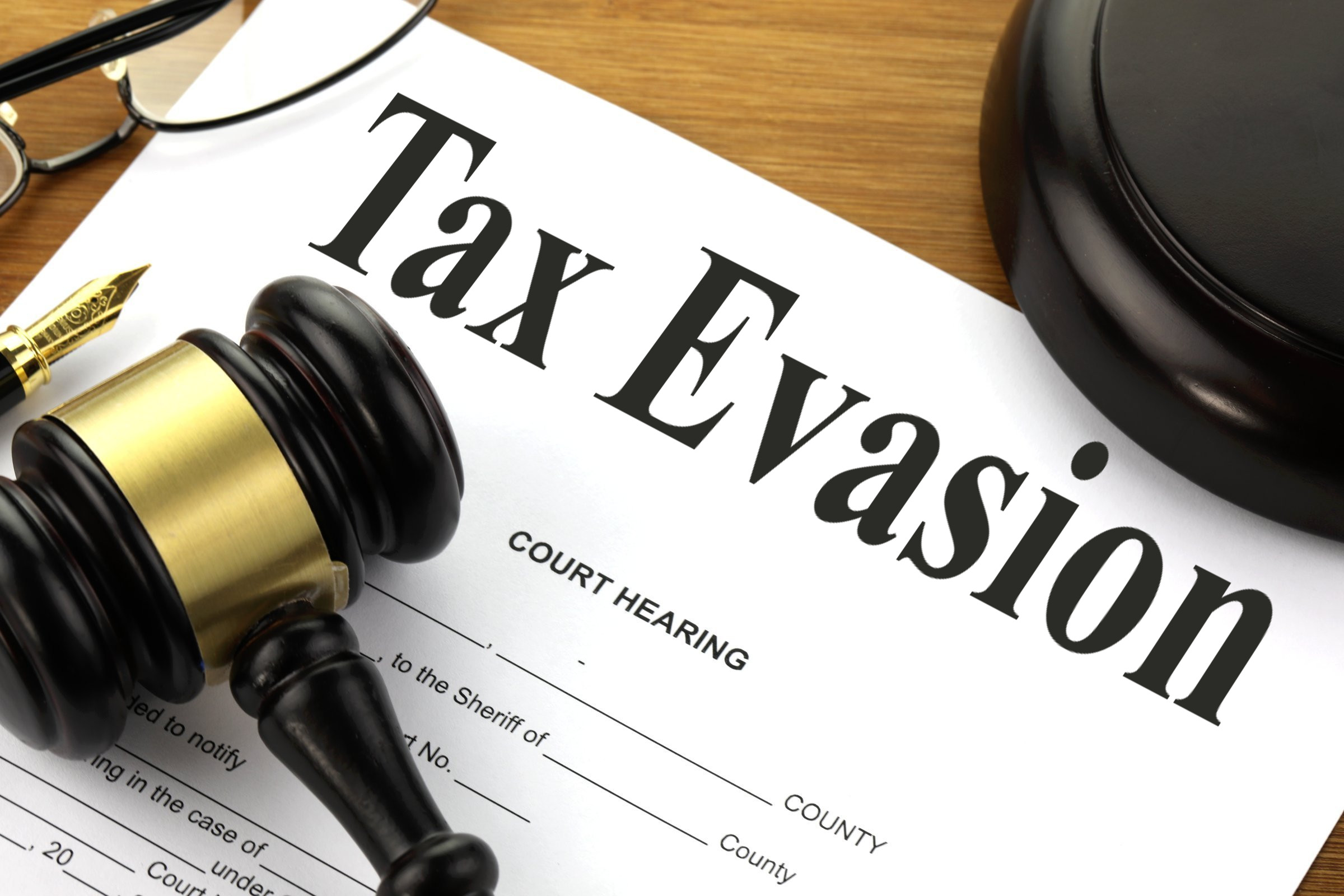
UK Admissions of Overseas Tax Evasion Jump 22%
A new disclosure by the HMRC has come to light that reveals the rise in cross-border tax evasion. The data shows that around 5643 individuals have failed to pay the right tax amount on their foreign assets.
In 2022-23, around 4,630 individuals had confessed that they had not paid adequate tax on their foreign assets. Now, with the new figures in 2023-24, the percentage increase is a shocking 22%, indicating that more and more people are evading tax on their cross-border properties or income.
If HMRC estimates are accurate, the gap between the actual tax HMRC collected and the expected tax amount was about £39.8bn in 2022-23. Of this significant amount, about £5.5bn was due to tax evasion. As per data published by the HMRC in 2024, almost £300mn was the unreported tax liability by UK-resident people earning foreign income in 2018-19. In this report, it was pointed out that almost 4% of the group had under-declared their liabilities.

Tax Avoidance & Evasion is a Top Priority for the UK Government
Now, the UK government is taking a firm stance to stop tax avoidance and evasion, which will help improve its tax revenues. One of these steps includes hiring around 5,000 compliance officers. For this, the government has approved funds in the Budget.
Reasons for the Increased Numbers of Evasion Disclosures
According to experts, there are several reasons for the increased evasion numbers.
- More and more countries are ready to share individuals’ financial data related to offshore transactions.
- HMRC’s pressure is in the form of more warning letters. This aggressive attitude of the government agency has impacted offenders, leaving them with fewer options to hide their details.
- Growing public awareness regarding data sharing has also contributed to such disclosures.
As per industry experts, the HMRC has been receiving crucial information from overseas and also keeping a strict check on return entries and its database to identify repeated offenders of tax evasion.

OECD’s Common Reporting Standards
One of the biggest roles in this context has been the agreements created by the Organisation for Economic Co-operation and Development. This trend has been evolving since 2018 and led to transparency in the exchange of financial details between tax authorities of different jurisdictions. CRS, or the Common Reporting Standard developed by OECD, is accepted across 120 countries. Some of the participating countries include Bermuda, Switzerland, the Cayman Islands, and the British Virgin Islands, all of which are considered typical tax havens.
Starting in 2027, this transparent and automatic exchange of information will extend even to crypto asset exchanges.
The use of modern technology in detecting cases of tax evasion
The increased use of modern technologies has helped HMRC with advanced algorithms to detect discrepancies in data, both for UK residents and information generated offshore. When anomalies are detected, nudge letters are generated automatically and sent to defaulters.
Tax experts believe that the data held by HMRC is updated and accurate like never before- thanks to state-of-the-art facilities. The hi-tech AI systems analyze the data better and more deeply, improving the chances of faster and more accurate detection of anomalous trends. This has been another main reason behind the increased numbers.
Increased Public Awareness
In recent years, CRS and tax-related reporting have attracted a lot of attention from the public. There is a heightened sense of awareness and responsibility that has nudged people to openly and transparently share their tax details with HMRC. The agency’s online site has been designed so that individuals can share tax on their foreign assets via the disclosure facility.

The Downside of Not Disclosing Foreign Assets or Offshore Income
Of course, there are penalties and fines if individuals fail to disclose their foreign assets and income. It can be as much as 200% of the tax they owe. If the case is severe, there could be a prison sentence, too.
If experts are to be believed, it is best to come forward and disclose details after receiving the nudge letter from HMRC. This can reduce the risks of penalties.
Need help with disclosing your tax liabilities from overseas assets and income? We are just a call away at Cangaf Accountants.
More links
£5.5billion lost to tax evasion could be significant underestimate, PAC report warns
Prosecution of people who help clients evade tax in UK falls by 75% in five years


